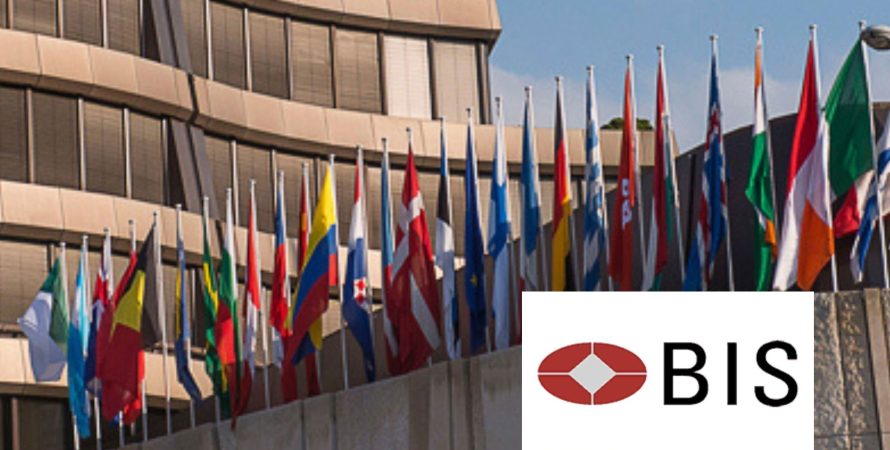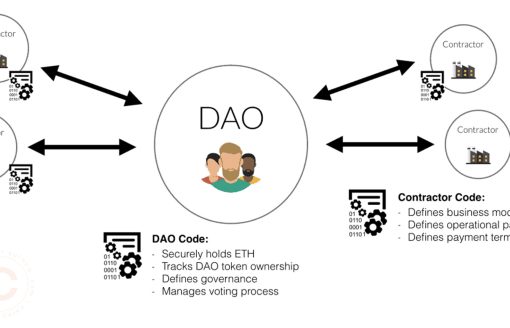Headquartered in Basel, Switzerland, the Bank for International Settlements (BIS) is a bank for central banks. Founded in 1930, the Bank for International Settlements is the oldest global financial institution and operates under the auspices of international law. But from its inception to the present day, the role of the BIS has been ever-changing as it adapts to the dynamic global financial community and its needs.1
Bank for International Settlements Is a Financial Chameleon
The BIS was created out of the Hague Agreements of 1930 and took over the job of the Agent General for Repatriation in Berlin. When established, the BIS was responsible for the collection, administration and distribution of reparations from Germany—as agreed upon in the Treaty of Versailles—following World War I. The BIS was also the trustee for Dawes and Young Loans, which were internationally-issued loans used to finance these repatriations.2
After World War II, the BIS turned its focus to the defense and implementation of the World Bank’s Bretton Woods System. Between the 1970s and 1980s, the BIS monitored cross-border capital flows in the wake of the oil and debt crises, which in turn led to the development of regulatory supervision of internationally active banks.
The BIS has also emerged as an emergency “funder” for nations in trouble, coming to the aid of countries such as Mexico and Brazil during their debt crises in 1982 and 1998, respectively. In cases like these, where the International Monetary Fund is already in the country, emergency funding is provided through the IMF program.
The BIS has also functioned as trustee and agent. For example, from 1979 to 1994, the BIS was the agent for the European Monetary System, which is the administration that paved the way for a single European currency.4 Notwithstanding all the roles mentioned above, the BIS has always been a promoter of central bank cooperation to ensure global monetary and financial stability.
To understand how the BIS views cryptocurrency and its related technologies, please view the video below in its entirety.
Bank for International Settlements Tackling Challenges
Given the continuously changing global economic structure, the BIS has had to adapt to many different financial challenges. However, by focusing on providing traditional banking services to member central banks, the BIS essentially gives the lender of last resort a shoulder to lean on. In its aim to support global financial and monetary stability, the BIS is an integral part of the international economy.
Stay in the know on crypto by frequently visiting Crypto News Today
To promote such stability, the BIS offers a forum of cooperation among member central banks (including monetary agencies) by:
- Contributing to international cooperation: As a crucial resource for central banks and other financial institutions, the BIS produces research and statistics and organizes seminars and workshops focused on international financial issues. For example, the Financial Stability Institute (FSI) organizes seminars and lectures on themes of global financial stability. The governors of member central banks meet at the BIS twice a month to share their experiences, and these meetings function as the core of central bank cooperation. Other regular meetings of central bank executives and specialists, as well as economists and supervisory specialists, contribute to the goal of international cooperation, while also ensuring each central bank serves its country effectively.
- Offering services to committees established and working at the BIS: By offering its services to various secretariats of financial committees and organizations created under its patronage, the BIS also functions as an international “think tank” for financial issues. Committees such as the Markets Committee debate and improve upon fundamental issues regarding the workings and regulations of the international financial infrastructure.
As the bankers’ bank, the BIS serves the financial needs of member central banks. It provides gold and foreign exchange transactions for them and holds central bank reserves. The BIS is also a banker and fund manager for other international financial institutions.
How the Bank Operates
The BIS competes directly with other private financial institutions for global banking activities. However, it does not hold current accounts for individuals or governments. At one time, private shareholders, as well as central banks, held shares in the BIS. But in 2001 it was decided that the private shareholders should be compensated and that ownership of the BIS should be restricted to the central banks (or equivalent monetary authorities).
The BIS unit of account is the IMF’s special drawing rights, which are a basket of convertible currencies. The reserves held account for approximately 7% of the world’s total currency.
Like any other bank, the BIS strives to offer premium services to attract central banks as clients. To provide security, it maintains abundant equity capital and reserves that are diversely invested following risk analysis. The BIS ensures liquidity for central banks by offering to buy back tradable instruments from them; many of these instruments have been specifically designed for the central bank’s needs. To compete with private financial institutions, the BIS offers a top return on funds invested by central banks.
The statutes of the BIS are presided over by three bodies: the general meeting of member central banks, the board of directors, and the management of the BIS. Decisions on the functions of the BIS are made at each level and are based on a weighted voting arrangement.
The Bottom Line
The BIS is a global center for financial and economic interests. As such, it has been a principal architect in the development of the global financial market. Given the dynamic nature of social, political, and economic situations around the world, the BIS can be seen as a stabilizing force, encouraging financial stability and international prosperity in the face of global change. Read More at INVESTOPEDIA![]()
Please Read Essential Disclaimer Information Here.
© 2024 Crypto Caster provides information. CryptoCaster.world does not provide investment advice. Do your research before taking a market position on the purchase of cryptocurrency and other asset classes. Past performance of any asset is not indicative of future results. All rights reserved.
Contribute to CryptoCaster℠ Via Metamask or favorite wallet. Send Coin/Token to Addresses Provided Below.
Thank you!
BTC – bc1qgdnd752esyl4jv6nhz3ypuzwa6wav9wuzaeg9g
ETH – 0x7D8D76E60bFF59c5295Aa1b39D651f6735D6413D
MATIC – 0x7D8D76E60bFF59c5295Aa1b39D651f6735D6413D
LITECOIN – ltc1qxsgp5fykl0007hnwgl93zr9vngwd2jxwlddvqt






